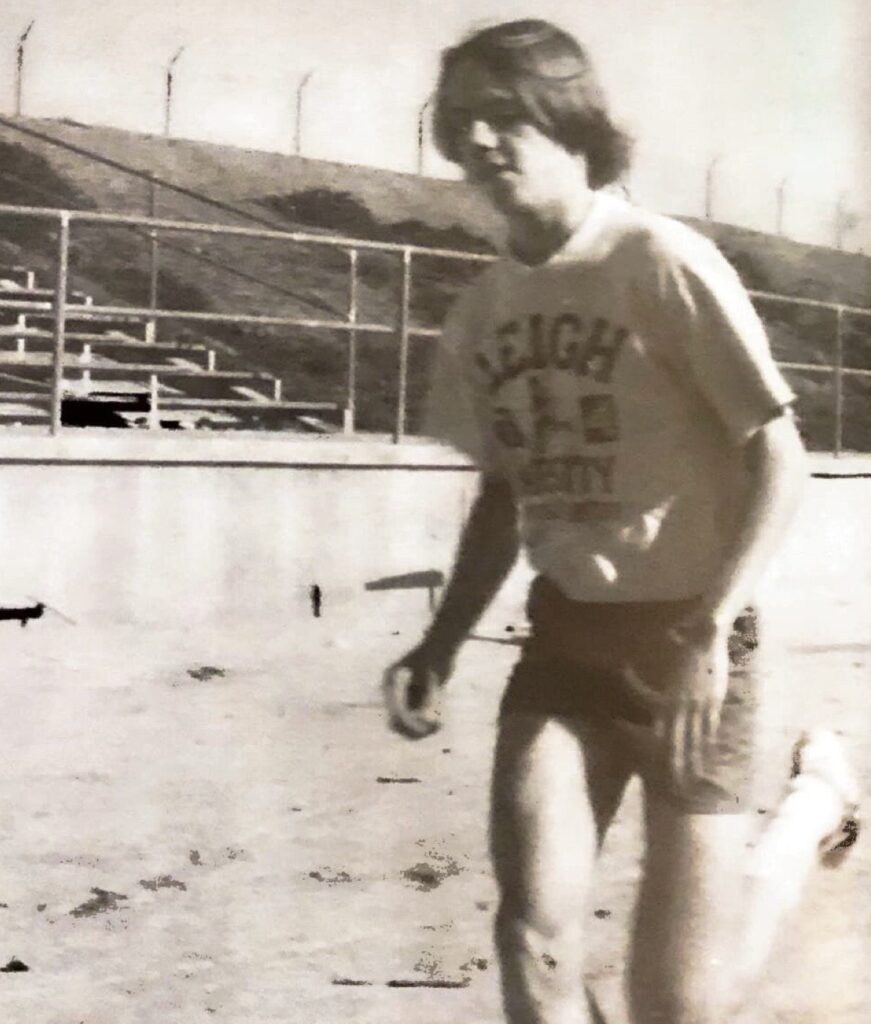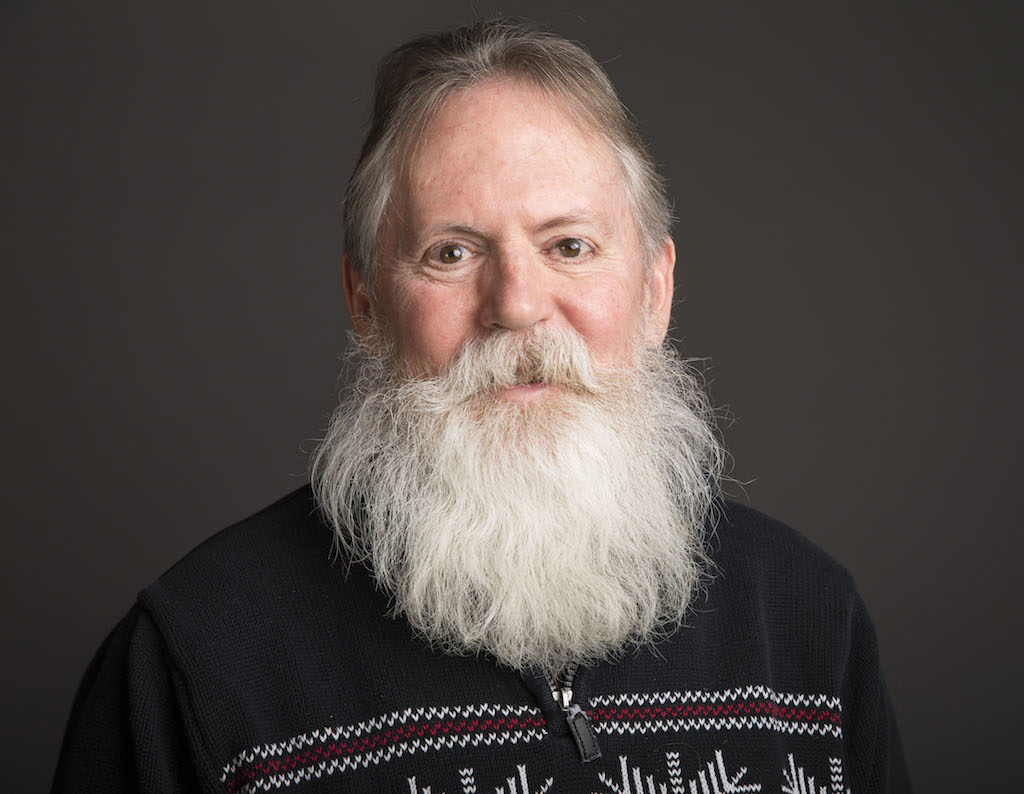Waves of Grief …
I was reminded today of the peculiarly clever way that grief occurs over time. I was watching a documentary on Teddy Kennedy yesterday and was struck by the depth of feeling I had to his words at his mother’s funeral. He spoke about how she would be greeted by all the other family members who had gone on before, and I felt that profound grief for every loss that I’ve experienced in my life.
The greatest (and most recent) of these for me was my dog and companion Bo. I lost him a couple years back after 14 years of loving companionship. I grieved as deeply and profoundly as I ever have for him, but from the very beginning, I noticed that the grief came in waves.
At times there are the pleasant memories, then some consolation from kind words about how dogs wait for us in the after life. Other times, there were simple pleasant memories of times with him, things he did to amuse and warm the heart. And sometimes there was the pain of the fading recollection of what he looked like, or how his fur felt under my hand.
But always the relief and sadness taking turns, with each stretch of sadness being more manageable and more level with the good memories.
My belief about this is that we had to develop this way in order to survive. If we simply grieved until we were done being sad, we wouldn’t be able to do anything for months. If we “cried a river“, we’d die of dehydration or starvation. Our minds give us the reprieve from the grief so we can deal with the business of living, and to allow us to continue to connect with the world.
For me, also faith helps in this, since it gives us a way to view death as a transition rather than something final. Feeling that there will be a time to see your loved ones again, takes away the sting at times (although that comfort doesn’t seem to be available at other times, when your heart feels as if there is no point and faith has no power).



